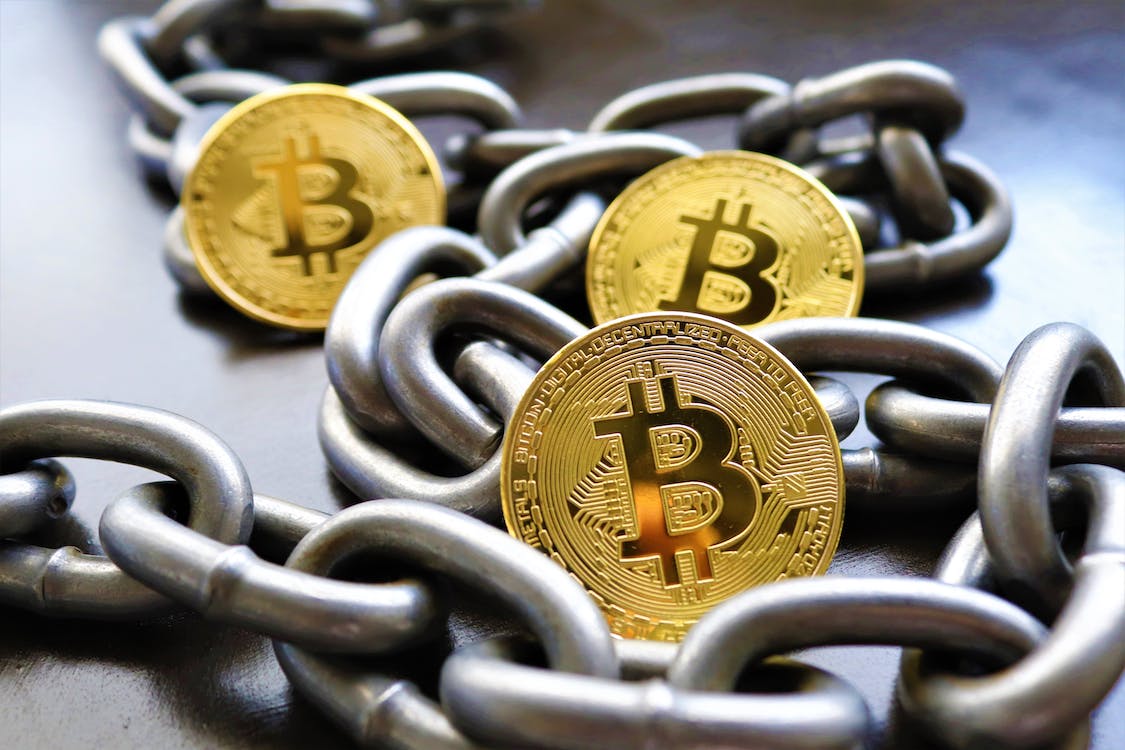In the fast-evolving landscape of modern technology, few innovations have captured as much attention and disruption as blockchain. Originally devised as the underlying technology for Bitcoin, blockchain has since expanded to revolutionize various industries and transform the way we transact and store data. In this comprehensive guide, we will explore everything you need to know about blockchain, from its fundamental concepts to its far-reaching applications.
What is Blockchain?
At its core, blockchain is a decentralized and distributed digital ledger that records transactions across a network of computers. Unlike traditional centralized systems, where a single authority controls and validates transactions, blockchain relies on a consensus mechanism, where multiple participants (nodes) agree on the validity of each transaction. Once verified, the transaction is added to a “block,” which is cryptographically linked to the previous block, creating a chronological chain of blocks, hence the name “blockchain.”

Key Features of Blockchain:
- Decentralization: There is no central authority in a blockchain network. Instead, data is stored and managed across multiple nodes, making it more resilient to single points of failure and reducing the risk of manipulation or censorship.
- Transparency: Blockchain’s transparent nature allows all participants to view and verify transactions. Once added to the blockchain, data becomes immutable, ensuring an accurate historical record.
- Security: Blockchain employs advanced cryptographic techniques to secure data and prevent unauthorized access. Consensus mechanisms ensure that any alteration to the data requires majority approval.
- Immutability: Once a block is added to the blockchain, it becomes practically impossible to alter its content. This immutability provides a high level of trust and integrity to the system.
Applications of Blockchain:
- Cryptocurrencies: The most famous application of blockchain is its role in powering cryptocurrencies like Bitcoin and Ethereum. Blockchain enables secure, transparent, and peer-to-peer transactions without the need for intermediaries like banks.
- Supply Chain Management: Blockchain is increasingly used to track and verify the origin and journey of products across supply chains, enhancing transparency and preventing counterfeit goods.
- Smart Contracts: Smart contracts are self-executing contracts with terms directly written into code. They automate contract execution and enforce agreements without the need for intermediaries.
- Voting Systems: Blockchain-based voting systems can offer secure and transparent voting processes, reducing the possibility of fraud and ensuring accurate vote counting.
- Healthcare: Blockchain can streamline health record management, ensuring patient data security, interoperability, and seamless data sharing between healthcare providers.
- Real Estate: Blockchain can simplify real estate transactions by providing a tamper-proof and transparent record of property ownership and title transfers.
Challenges and Future Prospects:
While blockchain technology offers immense potential, it also faces challenges such as scalability, energy consumption, and regulatory concerns. However, ongoing research and development are continuously addressing these issues, paving the way for greater adoption and innovation.
